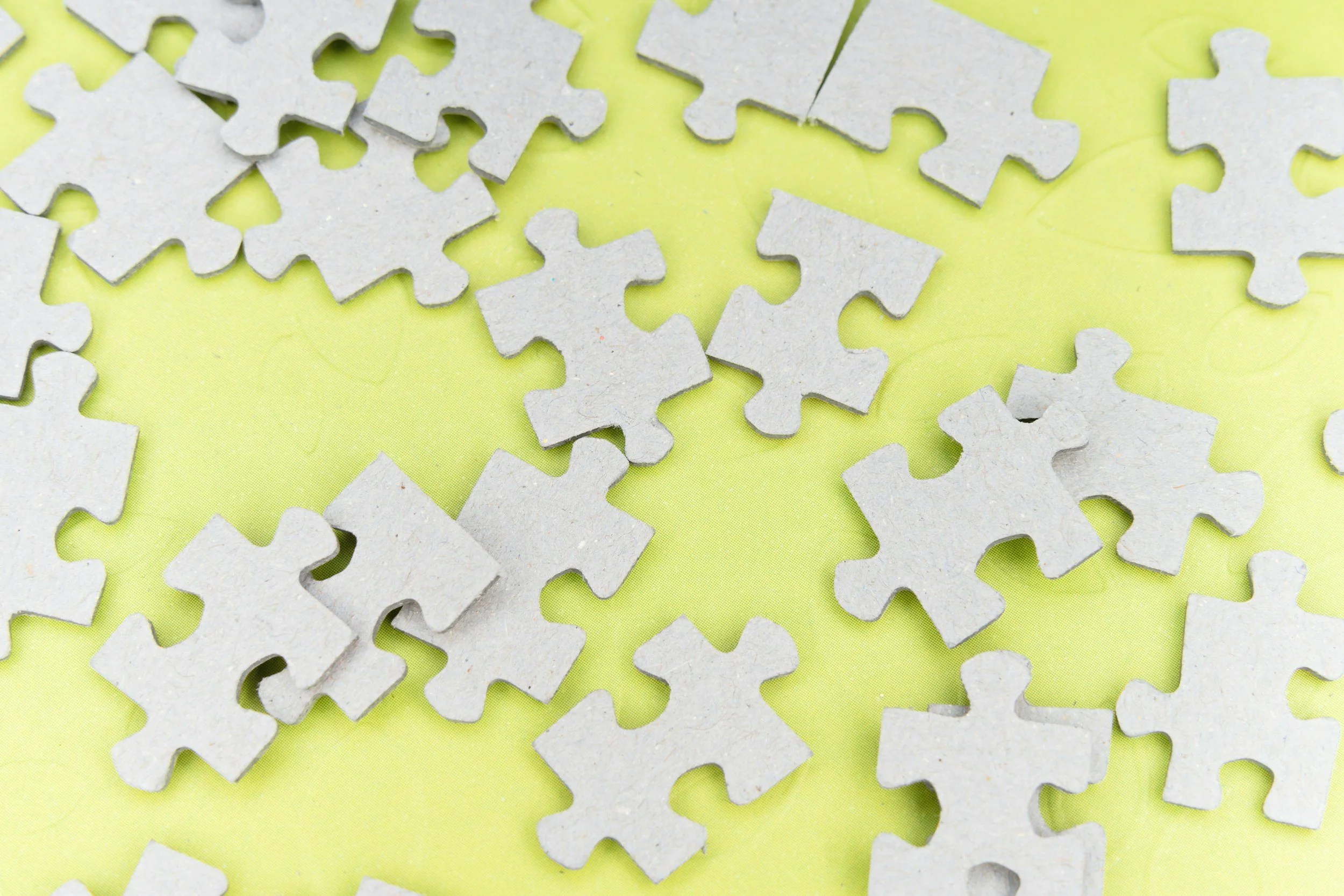![Investing in Your Emotional Bank Account: Small Gestures that Keep Relationships Going]()
by Tiffany Hooton, LMFT.
If you’ve ever been in a long-term relationship, you’ve probably learned that grand romantic gestures, while nice, can’t alone sustain a loving relationship; more often, it’s the subtler, everyday interactions that dictate much of how we feel with our partners: How you greet each other at the end of a long day, the small ways you show up, inside jokes, and a reliable shoulder to lean on when times are tough. Over time, those moments create a kind of emotional reserve. In the Gottman Method of couples therapy, we call this the emotional bank account.
The idea is simple, but profound: Every interaction between partners either deposits into or withdraws from that account. Warmth, affection, and attention all add to your balance. Criticism, dismissal, and neglect take away from it. When your emotional bank account is full, it’s easier to weather stress, misunderstandings, and conflict because you’re drawing from a well of trust and goodwill. Conversely, when it’s low, even small infractions may be enough to cause a disgruntled partner to rethink their relationship.
And, for queer and trans relationships, as well as other marginalized groups, who may already be carrying the emotional toll of navigating an often unkind world, these daily “deposits” can mean so much more, as a strong, trusting relationship (romantic or not) is sometimes our most reliable source of support and affirmation.

























